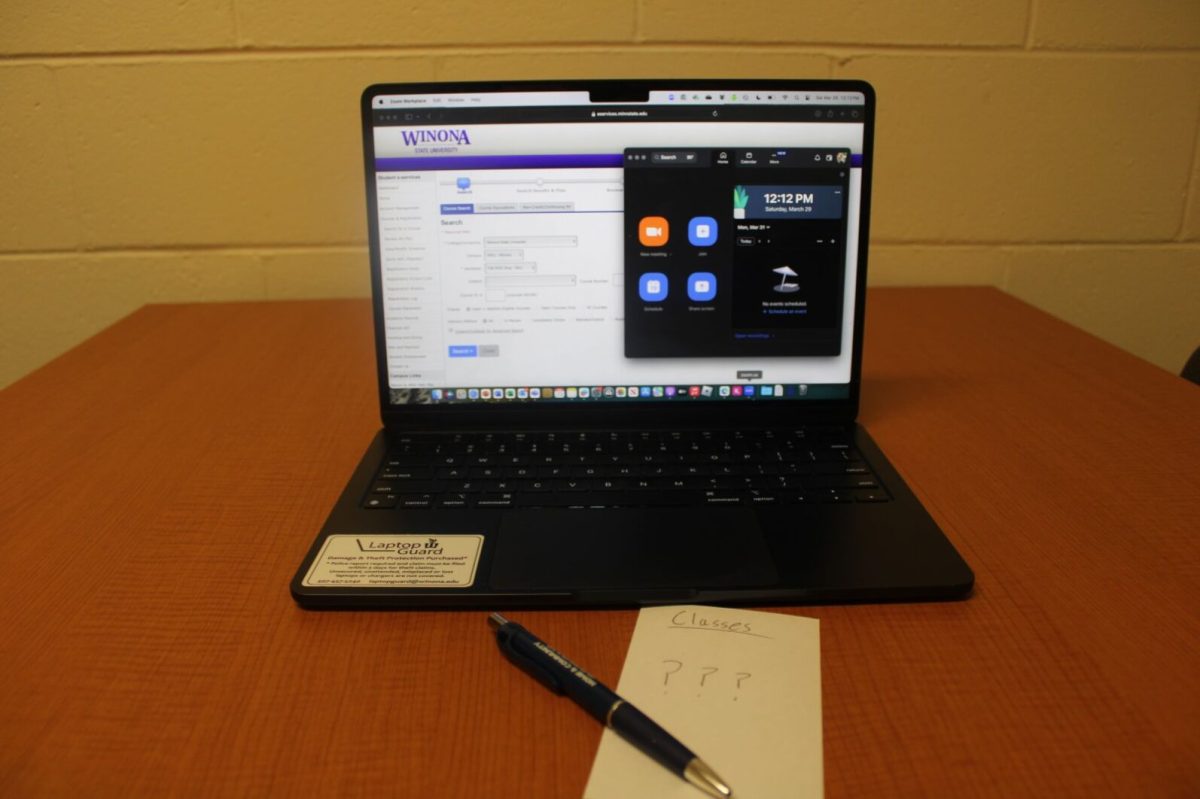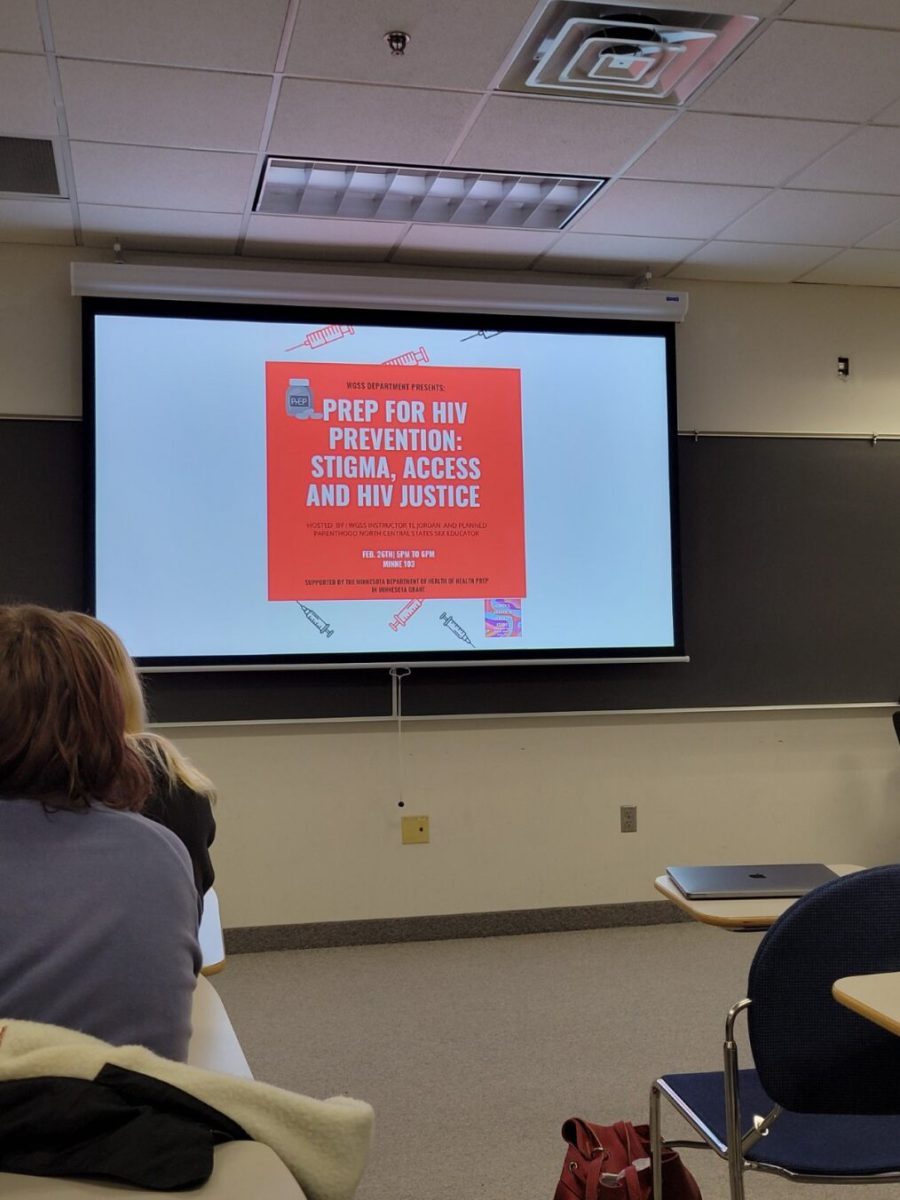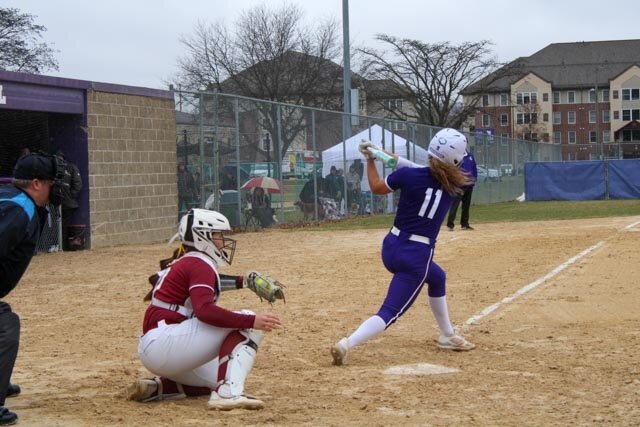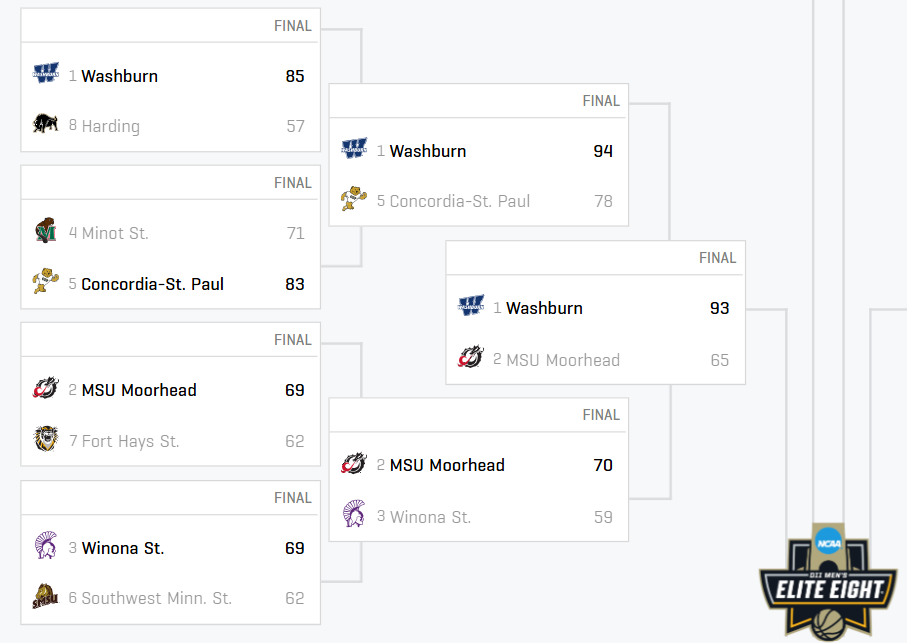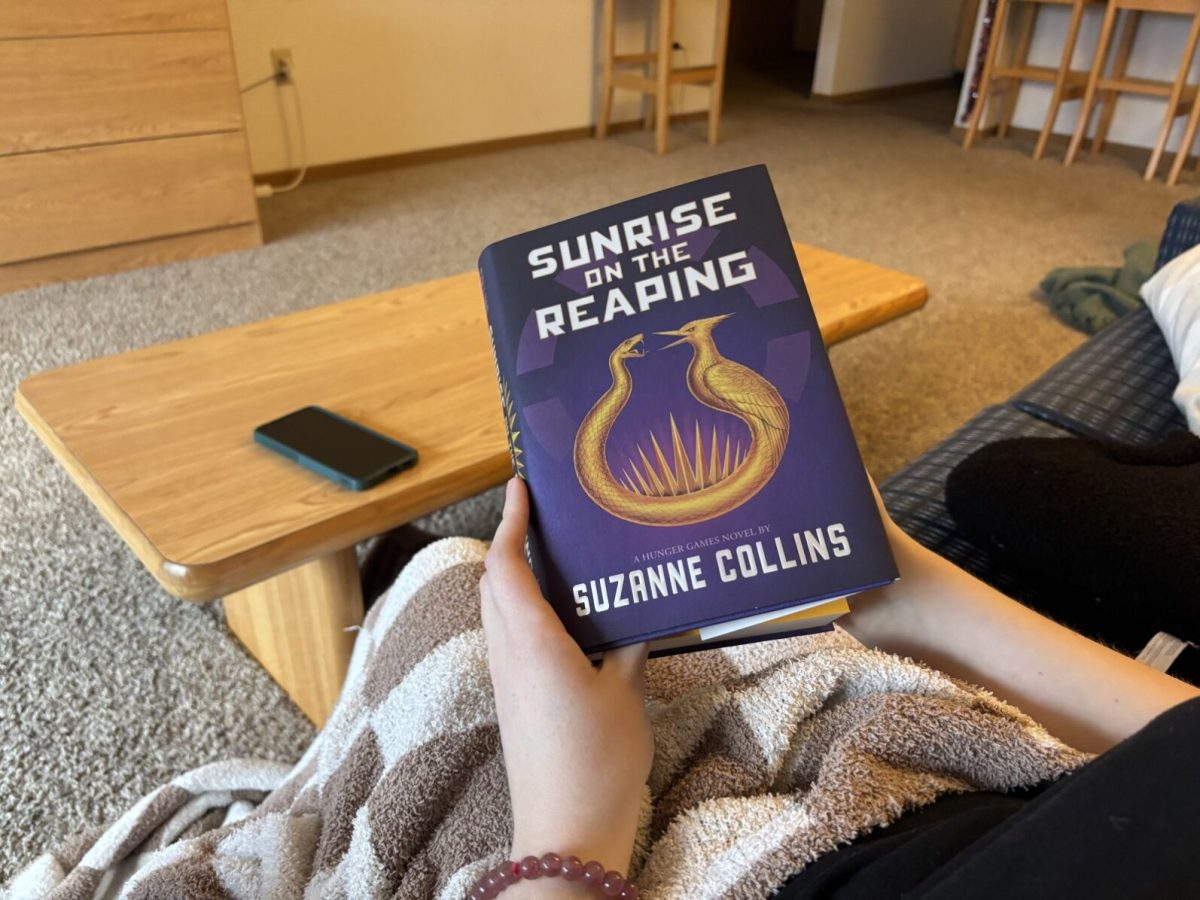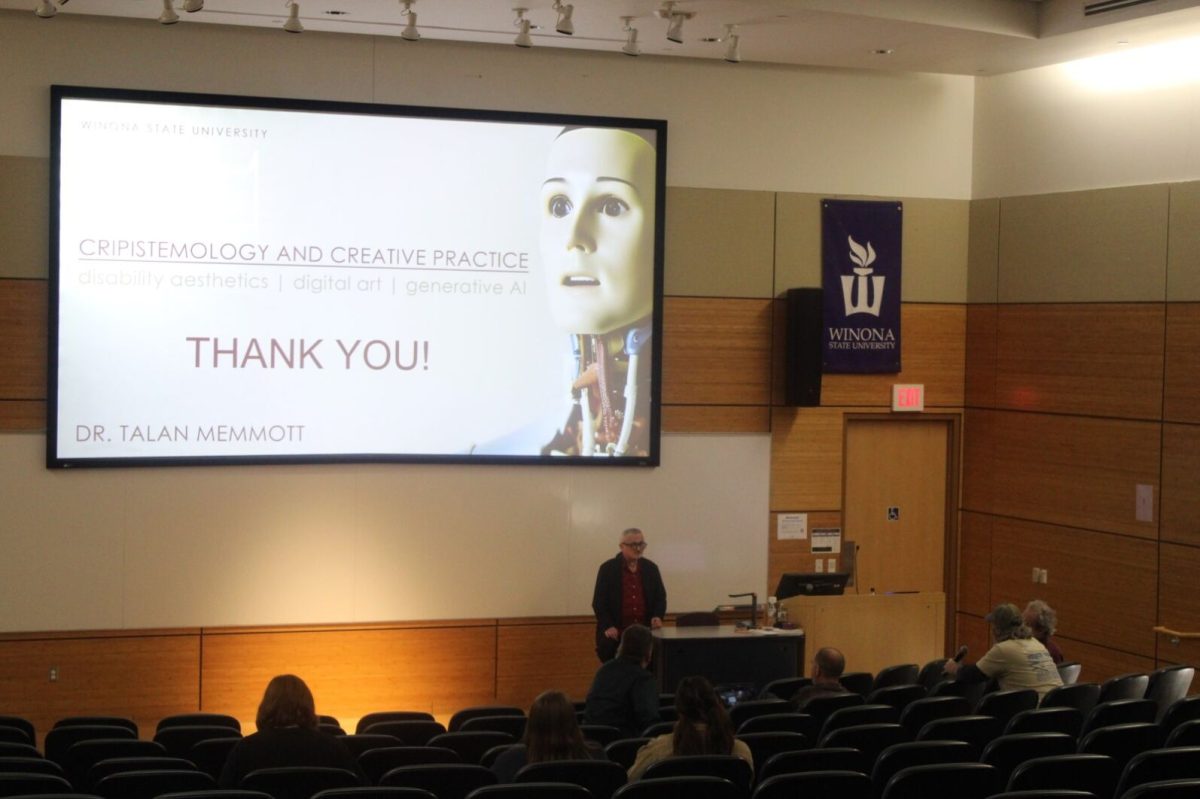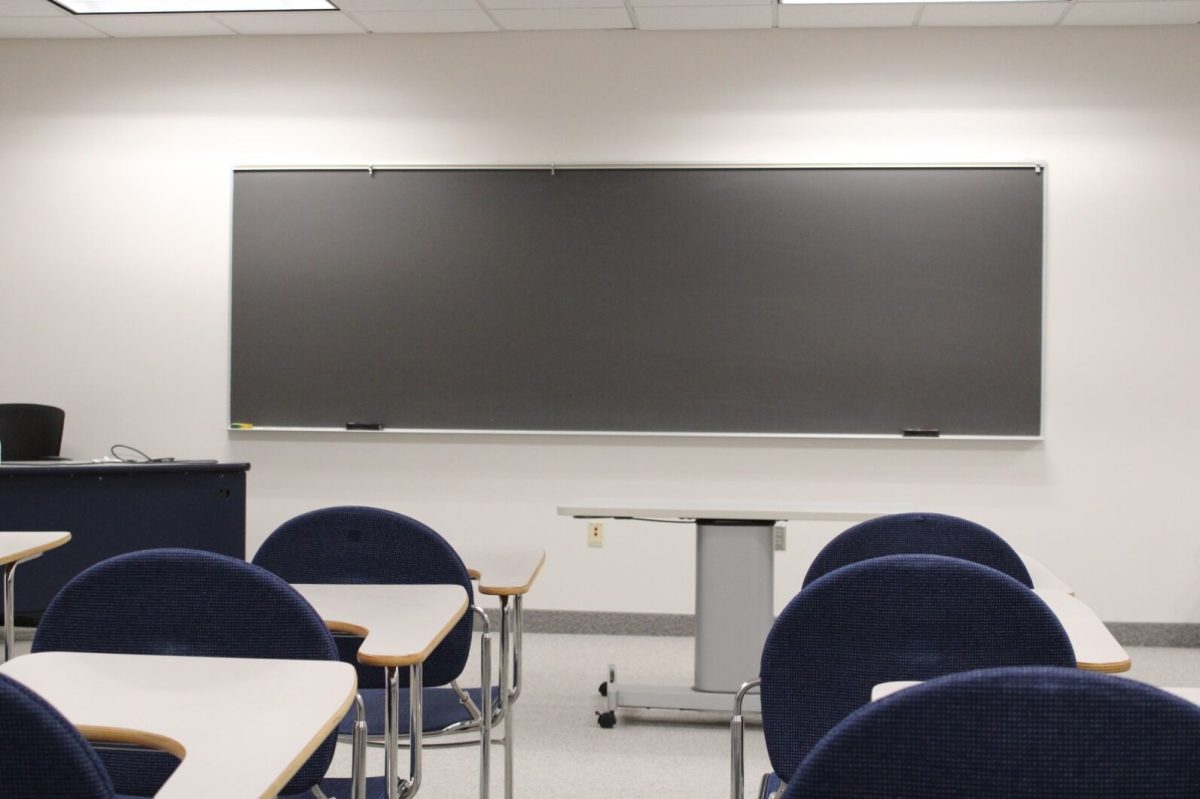Walking through any grocery store it is easy to see one thing: prices are higher and yet most wages seem to stay the same. With tariffs being put into place on several countries, the American people are feeling the effects. Affordability feels as though it’s gone out the window and college students are feeling it as prices tick higher, but their availability for work dwindles as they balance work, school, and the cost of living.
For many people the Nov. 2024 election was about one thing: the economy. The price of eggs was important, and even more still inflation was a hot-button issue. President Donald Trump campaigned on his ability to lower prices for the American people but has also mentioned in his joint congressional address that there will be “a little bit of an adjustment period.” This can mean many things for the American people, but students at Winona State University are feeling the effects of an unsure economy.
First year Winona State theater major, Mckalynn Johnson, has felt the effects of the current economy as a student who lives off campus. “With my class schedule being all over the place, it’s been difficult to find a job in Winona so I’ve had to work 70-80 hours a week between two jobs over school breaks to save up so I can afford rent and groceries.”
Working hard over breaks to make ends meet isn’t an uncommon occurrence while in college; however, a standard 30-hour work week having to be doubled in order to survive is becoming more and more common for both students and the general working public.
“I am definitely concerned about this country’s future,” Johnson said. “This should not be the reality of our lives, but it is for so many Americans. There are so many hardworking families struggling to survive and it’s frustrating that people that are supposed to be serving us ignore it.”
Struggling to get groceries and gas isn’t the only worry a college student has within the United States right now. There is also the matter of planning to pay for the schooling they are receiving at Winona State on top of also having to meet their day-to-day needs.
First year Ellie Speltz is a biology: life science teaching major at Winona State who is feeling the stress of getting an education in a high-priced economy.
“As a student it’s really scary to see how expensive things have been getting. School is already expensive enough as is, and between tuition and living expenses, I worry that it’ll be increasingly harder to make ends meet and afford my education,” she said.
The worry of not being able to afford the price of their education after graduation on top of the price of living is a sentiment that is shared across many majors. Arts and STEM majors alike share in the fear of the unknown variable, wondering if they will be able to make a living with their degree in the future; not because their degree is “useless, but because the cost of living keeps ballooning while the wages stay the same.
“As a future teacher and an ecology major, it concerns me that I might not be able to support myself financially in the future,” Speltz said. “Going into education, I knew the system was already underfunded, and I expected not to make a lot of money, but with the way things are going I am unsure about how long my career in education could last before I have to give up on my dream in order to take care of myself and my family.”
Many Winona State students are already feeling the pressure economically from tuition prices to the cost of living. In the upcoming months there are set to be more tariffs in place which may cause inflation to rise, putting more pressure on working class people in the United States.

